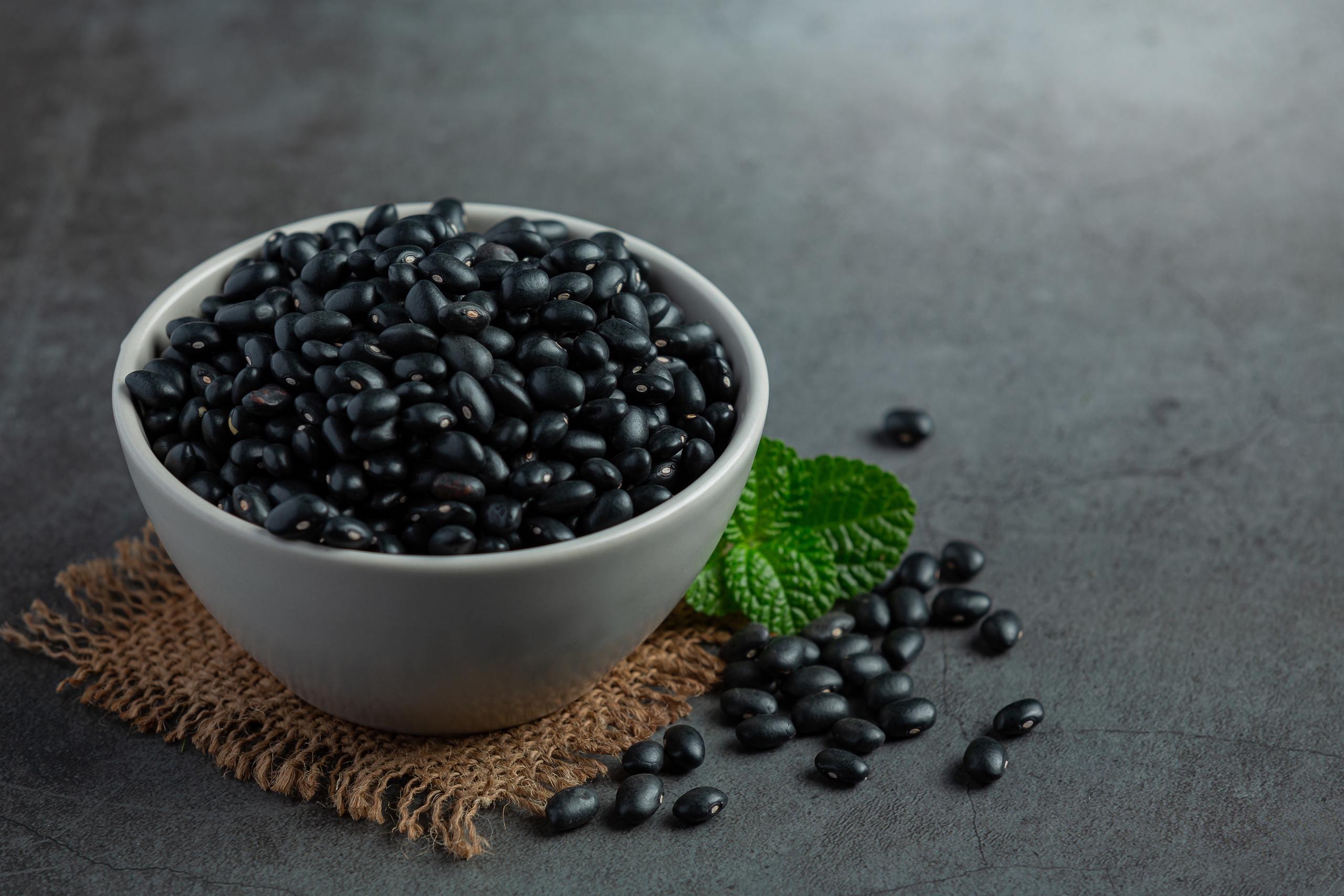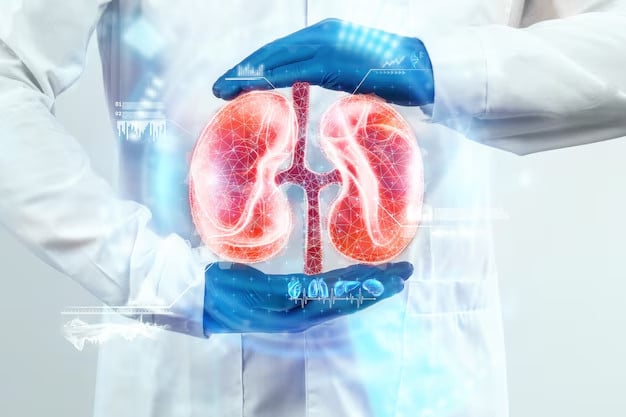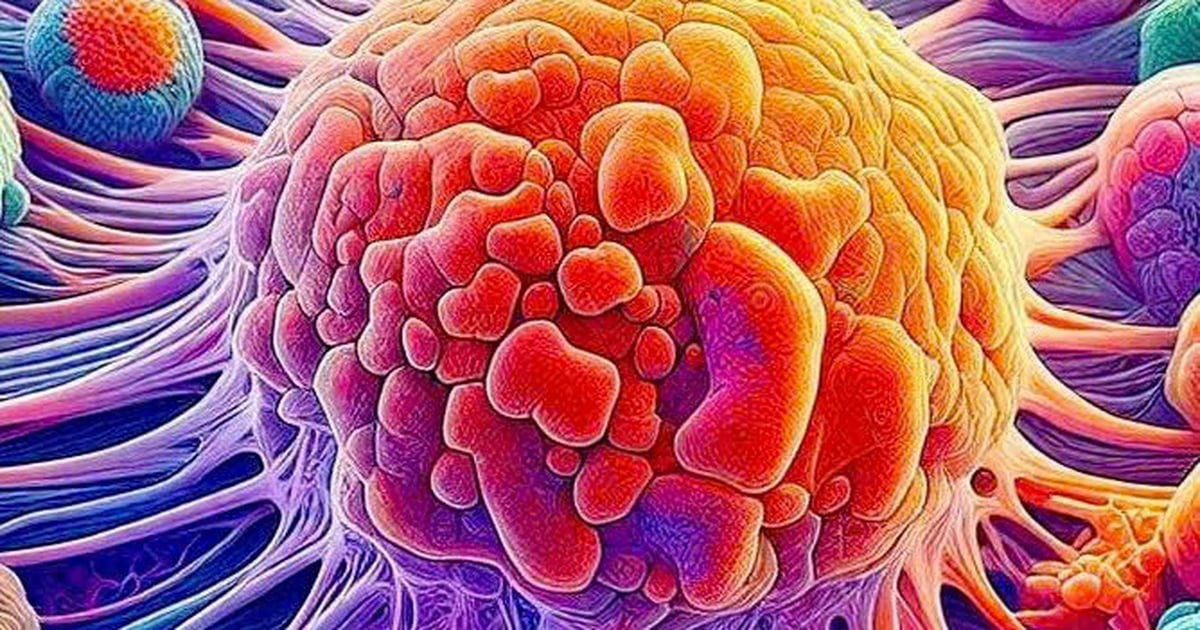Starting the day with health news , readers can also read more articles: 5 types of fruit good for the kidneys; What diseases should people who often urinate at night pay attention to?; How harmful is over-exercising? ...
Health benefits of eating black beans
Black beans are a popular food in the world. Ms. Shruti K Bhardwaj, a nutritionist in India, said that black beans are rich in nutrients, rich in fiber, protein, vitamins and minerals.
Thanks to that, black beans can help control weight, maintain intestinal health and regulate blood sugar.

Black beans are nutritious, rich in fiber and protein.
Good for gut health. With a high fiber content, black beans help prevent constipation and regulate bowel movements. Fiber also helps you feel full longer, which helps you maintain a healthy weight. According to the USDA, 100 grams of cooked black beans contain up to 8.7 grams of fiber.
Improves heart health. According to Bhardwaj, black beans help lower cholesterol, which contributes to improved heart health. In addition, the fiber, potassium, and folate content in black beans also help maintain healthy blood pressure.
Stabilizes blood sugar. The complex carbohydrates in black beans are digested slowly, helping to prevent sudden spikes in blood sugar. Therefore, black beans are a suitable food for people with diabetes or those who want to control their blood sugar.
According to a study published in the journal Nutrients in 2017, black beans can control blood sugar and reduce the risk of some chronic diseases, including type 2 diabetes. Readers can read more about this article on the health page on March 20.
5 fruits good for kidneys
Fruits are always recommended for a healthy diet. However, for people with chronic kidney disease, not all fruits are good.
A kidney-friendly diet is essential to prevent kidney damage. People with kidney disease should watch their diet and make sure it is low in sodium and potassium.

A kidney-friendly diet is essential to prevent kidney damage.
Dr. Dimple Jangda, a renowned Ayurvedic practitioner in India, says foods high in potassium such as apricots, bananas, cantaloupe, and dates should be avoided. Many dried fruits are also high in potassium and carbohydrates, which can increase blood sugar levels.
The best fruits for kidney health include:
Strawberries. Berries like strawberries are great for your kidneys because they are low in sodium and phosphorus. They have astringent properties that help tighten tissues and reduce water retention. They are also a good source of vitamin C, manganese, folate, and antioxidants.
Apples. Apples are low in potassium and phosphorus, making them very healthy and safe for the kidneys. You can eat raw apples or even stewed apples if you are constipated. They are also a good source of vitamin C and fiber.
Pineapple . Pineapple is lower in phosphorus, potassium, and sodium than oranges, bananas, or kiwis. It is also a good source of fiber and vitamin A. It also contains bromelain, an enzyme that can help reduce inflammation and dissolve kidney stones. The next part of this article will be on the health page on March 20.
What diseases should people who urinate frequently at night pay attention to?
Nocturia is a condition that causes the sufferer to wake up to urinate many times during the night. This results in disrupted sleep and even difficulty falling back to sleep. Prolonged nocturia will significantly impact the quality of life. It is also a warning sign of some potential health problems.
Nocturia is not an uncommon condition. Many cases of frequent nighttime urination are due to habits such as drinking a lot of water, alcohol, tea, and coffee close to bedtime. In addition, side effects of some medications also cause nocturia.

Prolonged nocturia causes insomnia and greatly affects the patient's quality of life.
Frequent urination at night can be a sign of the following diseases:
Urinary tract infection. This is a common health problem caused by bacteria. Urinary tract infections will have typical symptoms such as painful urination, cloudy urine and frequent urination. In some cases, urinary tract infections also cause nocturia. The reason is that the disease affects and makes the bladder more sensitive, thereby stimulating the feeling of needing to urinate.
Overactive bladder syndrome. Common symptoms of overactive bladder syndrome are excessive urination, nocturia, sudden urge to urinate and several other symptoms. There are many causes of this condition, ranging from abdominal trauma, infection and neurological problems.
The condition can be treated with medication, surgery, or behavioral therapy. If you have signs of overactive bladder, you should see a doctor as soon as possible because the condition can have a significant impact on sleep and daily life. Start your day with health news to see more content of this article!
Source link



![[Photo] Ho Chi Minh City speeds up sidewalk repair work before April 30 holiday](https://vstatic.vietnam.vn/vietnam/resource/IMAGE/2025/4/3/17f78833a36f4ba5a9bae215703da710)
![[Photo] Capital's youth enthusiastically practice firefighting and water rescue skills](https://vstatic.vietnam.vn/vietnam/resource/IMAGE/2025/4/3/3f8481675271488abc7b9422a9357ada)




















































































Comment (0)